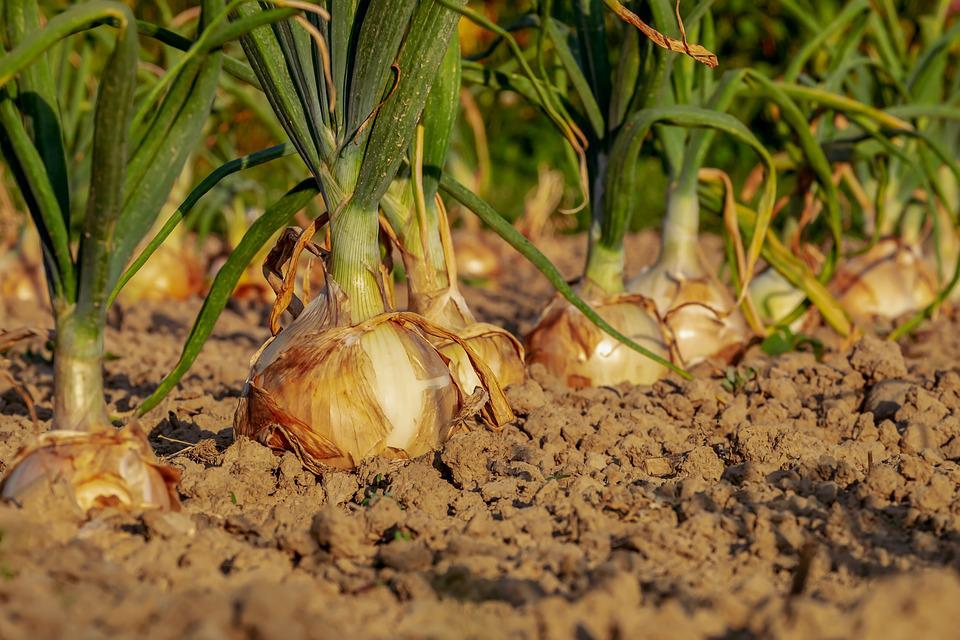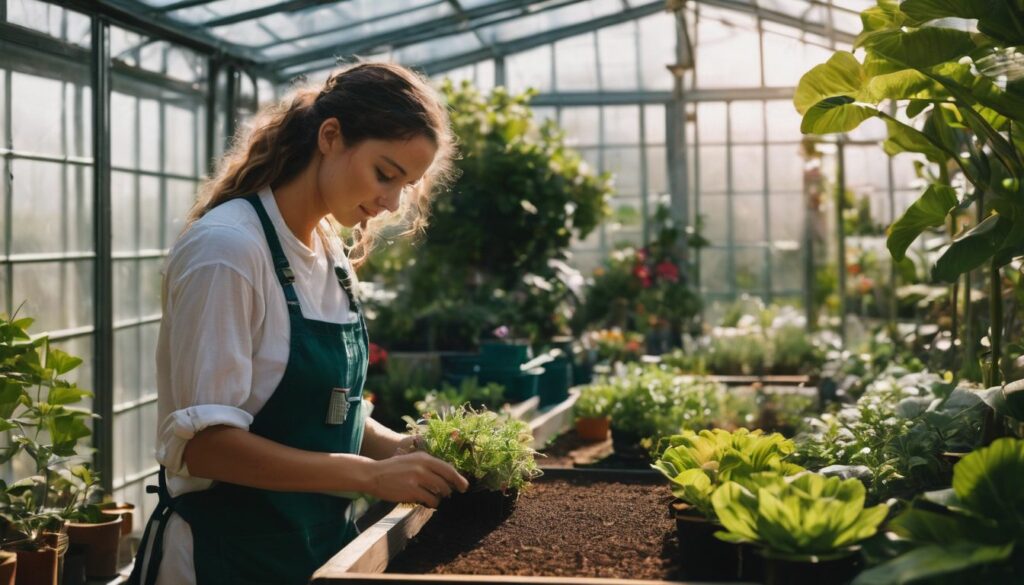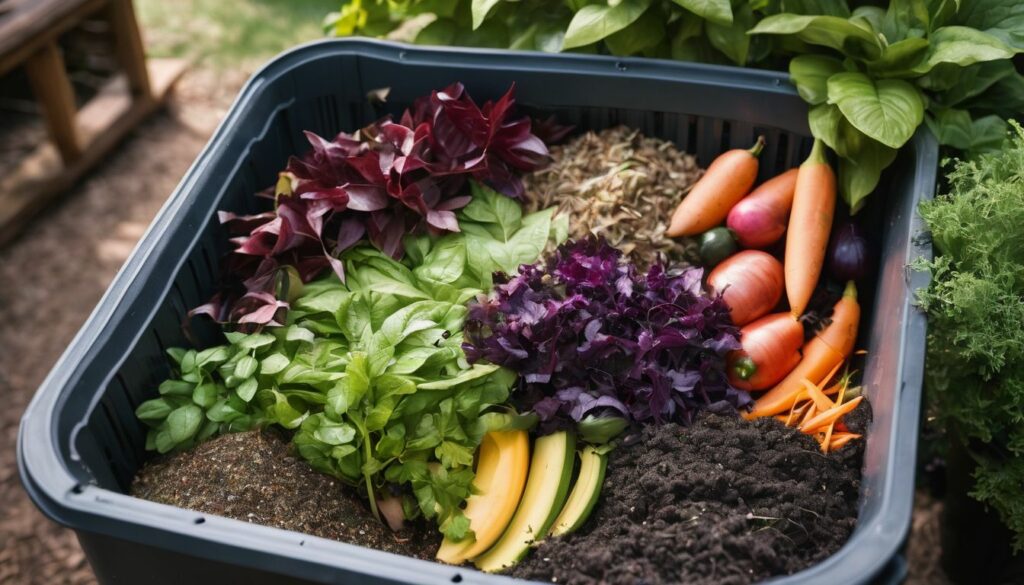There are many benefits to urban homesteading. It reduces your dependence on natural resources. You can grow your own food and avoid the high price tag you’ll find at the supermarket. Growing your own food also brings you closer to your neighbors and reduces the environmental impact of your home. Read on to learn about these benefits of urban homesteading. You’ll be surprised at just how easy it is to start. You’ll have fresh produce year-round, and even be able to process live animals in your home!
Growing your own food reduces your dependence on natural resources
There are many benefits of growing your own food. Among them are reducing your dependence on fossil fuels and monocultures, and increasing the nutritional value of your food. It can also give you meaningful exercise and can be fun for children. Furthermore, growing your own food helps you avoid the negative impacts of monocropping, which reduces biodiversity, involves heavy use of commercial fertilizers and pesticides, and is highly mechanized.
Growing your own food is also a great way to cut your grocery bill. By preserving your own seed and using only what you need, you are reducing your dependency on natural resources and polluting industries. By preserving your own seeds, you can feed yourself for a whole year, without worrying about the famine or pests. Furthermore, you’ll be supporting the preservation of these seeds, which are a valuable part of local heritage.
It is cheaper than buying it at the supermarket
Most food items in the supermarket are expensive, but many items are incredibly cheap to grow and produce in your own backyard. Bread is a great example. It is possible to make a basic sourdough loaf for less than $5! Other food items you can make include beer, wine, and your favorite adult beverage. These items are usually marked up significantly in stores, so a simple sourdough loaf will save you a great deal of money.
It brings you and your neighbors together
While urban homesteading can be challenging, it can also be a fun way to bring you and your neighbors closer together. By fostering healthy relationships, urban homesteaders can learn to create abundance and to harness creativity. By focusing on local and organic foods, they can be less dependent on big corporations and can reduce their energy footprint. Urban homesteaders can even find like-minded neighbors and bond over the common goal of sustainable city living.
Many urban homesteaders are also ditching their cars and opting for bicycles. Biking is a great way to get around and keep fit. Besides saving gas money, it also provides great physical health benefits. Electric bikes can even do all the work. If you’re new to urban homesteading, start small and build up from there. In no time, you’ll be on your way to a more sustainable lifestyle.
Urban homesteading is possible even in the city, where you live and what you have access to. If you’re fortunate enough to already own a home in a city, this will make urban homesteading easier. However, you may not be able to grow every plant that grows well in your city. You can also rent your home in an urban area to avoid a large mortgage. Ultimately, urban homesteading allows you to live more independently and reduce your carbon footprint.
Another way to bring your neighbors and your neighborhood together is to teach them how to compost. Josh’s compost machine was built using barrels and a chain-link fence post. The materials required for this project cost him only $50. Alternatively, you can purchase a compost machine for $150-300. The compost takes approximately three months to ferment. It retains moisture and concentrates heat, so you have to turn it every other day. As a bonus, Josh’s compost is a testament to his determination and skills.
It reduces your home’s environmental impact
There are many benefits to urban homesteading, including a reduction in your carbon footprint. Homesteaders will use items until the very end of their lives, repairing or reusing them whenever possible. They also avoid buying things that are transported across the state, which contributes to the emission of carbon. Here are three ways that homesteading can improve the environment. You should also learn about insurance.
Using rainwater to water your garden, watering your garden, and capturing water from the tap are all simple ways to reduce your home’s environmental impact. Humans have been harvesting rainwater for thousands of years and have since developed low-tech methods of heating barrels of rainwater for showers. Water conservation is a crucial component of urban homesteading. It is also a cheap way to help the environment by saving money.
In addition to being environmentally friendly, homesteading provides a sense of freedom and self-reliance. Moreover, you’ll know exactly what you’re eating and where it comes from. The benefits of homesteading are multiple – from an individual and financial standpoint. Ultimately, homesteading is a conscious decision to live a more sustainable lifestyle. There are some important considerations you should keep in mind before implementing homesteading in your life.
Using energy-efficient technology and producing your own food is also an important part of urban homesteading. Whether you live in a sprawling suburban house or a modest apartment in the city, you can start a homesteading project in your area. By reducing your home’s energy usage and water consumption, you can reduce your impact on the environment while still generating income for yourself.





